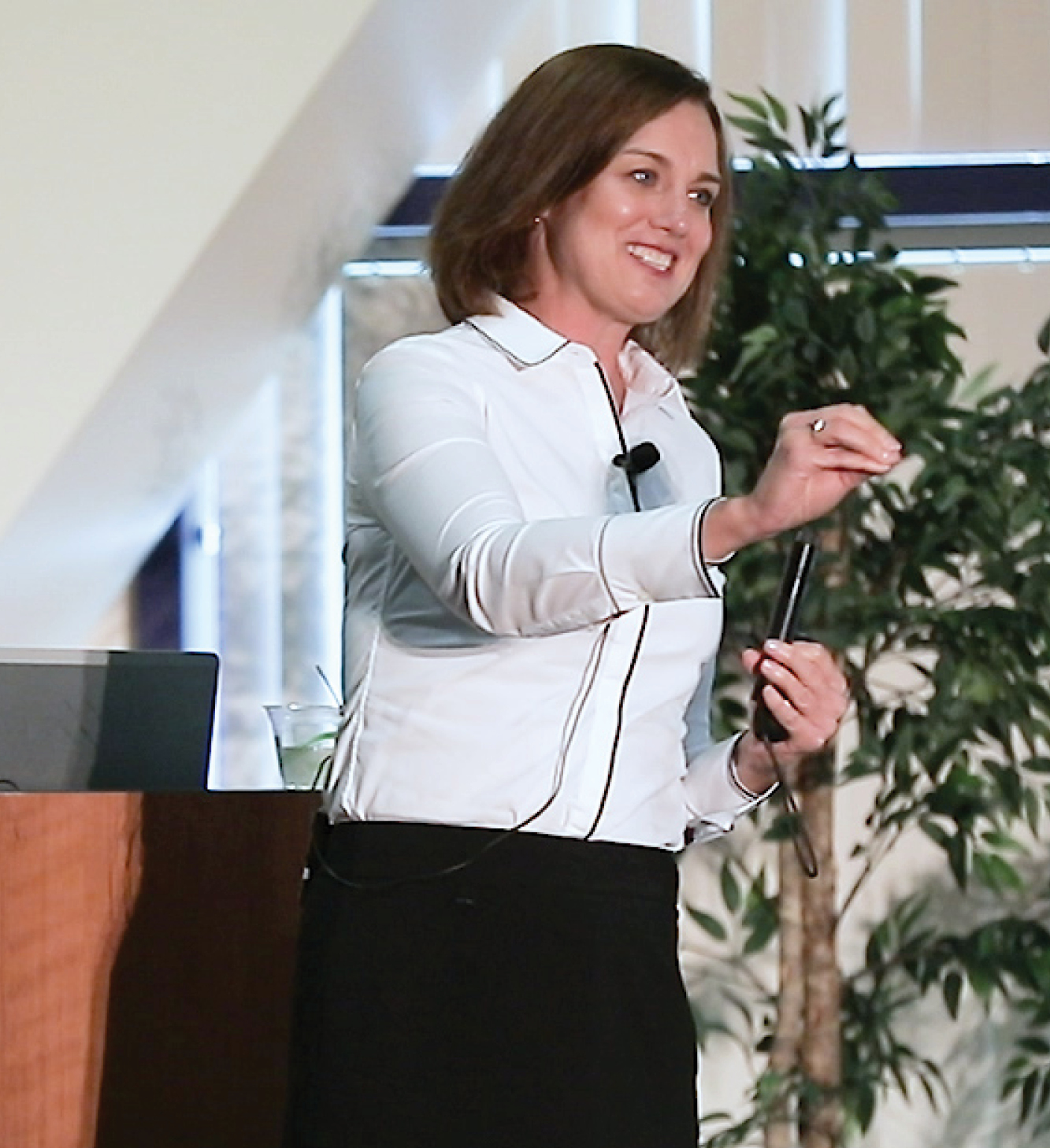Author Archives: Angie Weinberger
Shattering Glass Ceilings: The Rise of Women in Global Mobility

Shattering Glass Ceilings: The Rise of Women in Global Mobility In a world where boundaries are being shattered and opportunities are becoming more inclusive, women are breaking free from the constraints of traditional gender roles and making their mark in every field. The global mobility landscape, once dominated by men, is now witnessing a seismic shift as women rise to the forefront. From corporate executives to entrepreneurs, from expatriates to digital nomads, women are taking charge and redefining what it means to succeed in a globalized world. This empowering trend is not only reshaping the workforce but also challenging societal norms and inspiring future generations. In this article, we will explore the reasons behind the rise of women in the […]
Angie Weinberger’s Latest Song and The Global Rockstar Album

Angie Weinberger’s Latest Song and The Global Rockstar Album by Anne-Kristelle Carrier Dear guests, dear team, Angie, good afternoon! I am truly honored to have worked with Angie’s team on this unique project and to be here for this long-awaited Global Rockstar Album book launch. Angela Weinberger is a true visionary and leader in Global Mobility and has dedicated her career until now to changing things for the better in the corporate world: bringing the Human Touch back into mobility, integrating Diversity, Equity, and Inclusion practices, and wrapping it all up, changing the narrative of what a good leader is. I met Angie back in 2010 at an Expat Partner event she hosted. She made such an impression on me […]
The Push for Rainbow Talent in Global Mobility – Part 5

The Push for Rainbow Talent in Global Mobility – Part 5 Welcome to a world beyond the spectrum, where the ordinary becomes extraordinary and colors come alive with their own unique talents. In this captivating journey, we delve into the depths of a rainbow’s palette and unravel the hidden treasures that lie within. From the vibrant reds that ignite passion to the soothing blues that inspire serenity, each hue possesses a remarkable gift waiting to be embraced. Join us as we explore the awe-inspiring talents of a rainbow and discover how we can unlock our own potential by embracing the diversity that surrounds us. Whether it’s the powerful leadership of indigo or the creative genius of yellow, there is a […]
Emotional Intelligence Across Cultures – The Culture Mastery Process

Guest post by Val Bath Our ability to build culture mastery doesn’t rest only on knowing about another culture, but also on our ability to appreciate what values, habits, and behaviors affect that culture. Given this challenging year and the need for cross-cultural understanding, the ability to regulate one’s emotions when working with others from diverse cultures is critical. The Culture Mastery 4C’s Process™ surfaces the “why” behind the cultural differences and responses. In this article, we will explore the 4 steps in the process that bring together the practice of coaching and intercultural training. The goal of the program is to teach coaches and other leaders in talent development to guide their clients on a journey from […]
Empowering Expat Spouses in Their Career Journey
Unlocking Expat Spouse Opportunities: Empowering Expat Spouses in Their Career Journey Dear Expat Spouses, We thought we should pull together the main reasons, according to our experience that hinder your employment in the host country. This is a non-scientific analysis based on opinions and experience. There are a number of studies (Permits Foundation, 2012; Silberbauer, 2015) dedicated to the topic. Global Mobility providers and academics often research how family impacts “expatriate failure”. In my view, this is not enough. There is a need for us to investigate how we can bring down the barriers pertaining to your need for employment as an expat spouse. Why is it so difficult for you as Expat Spouses to find work in the host […]

